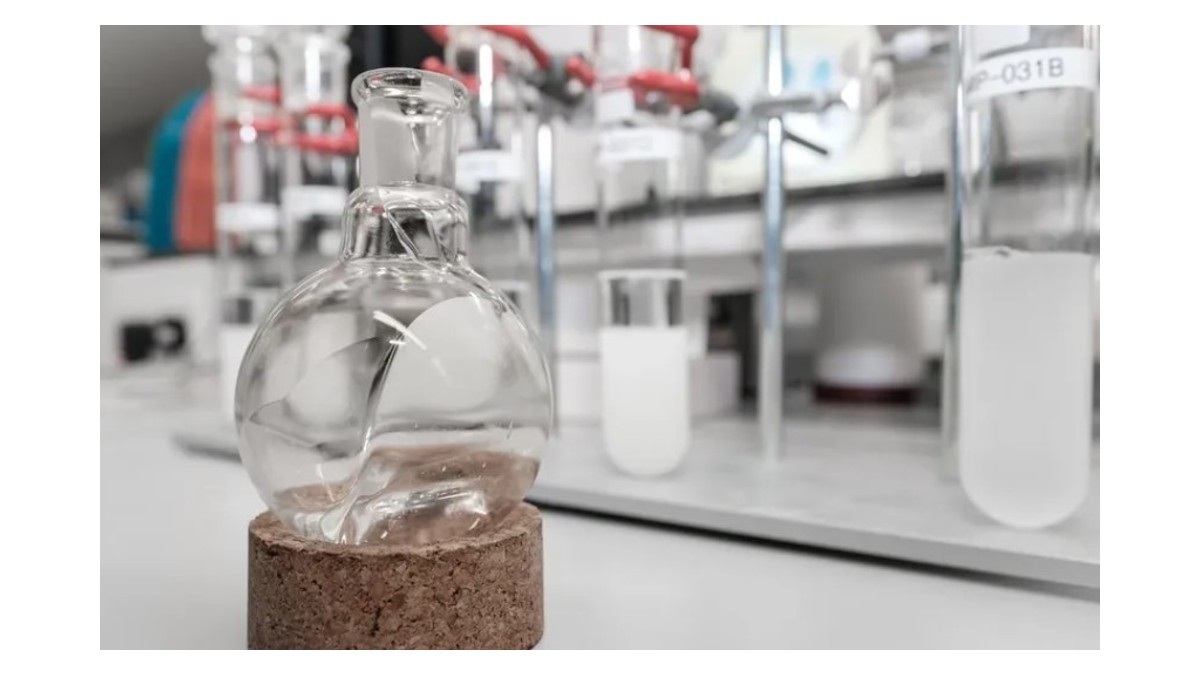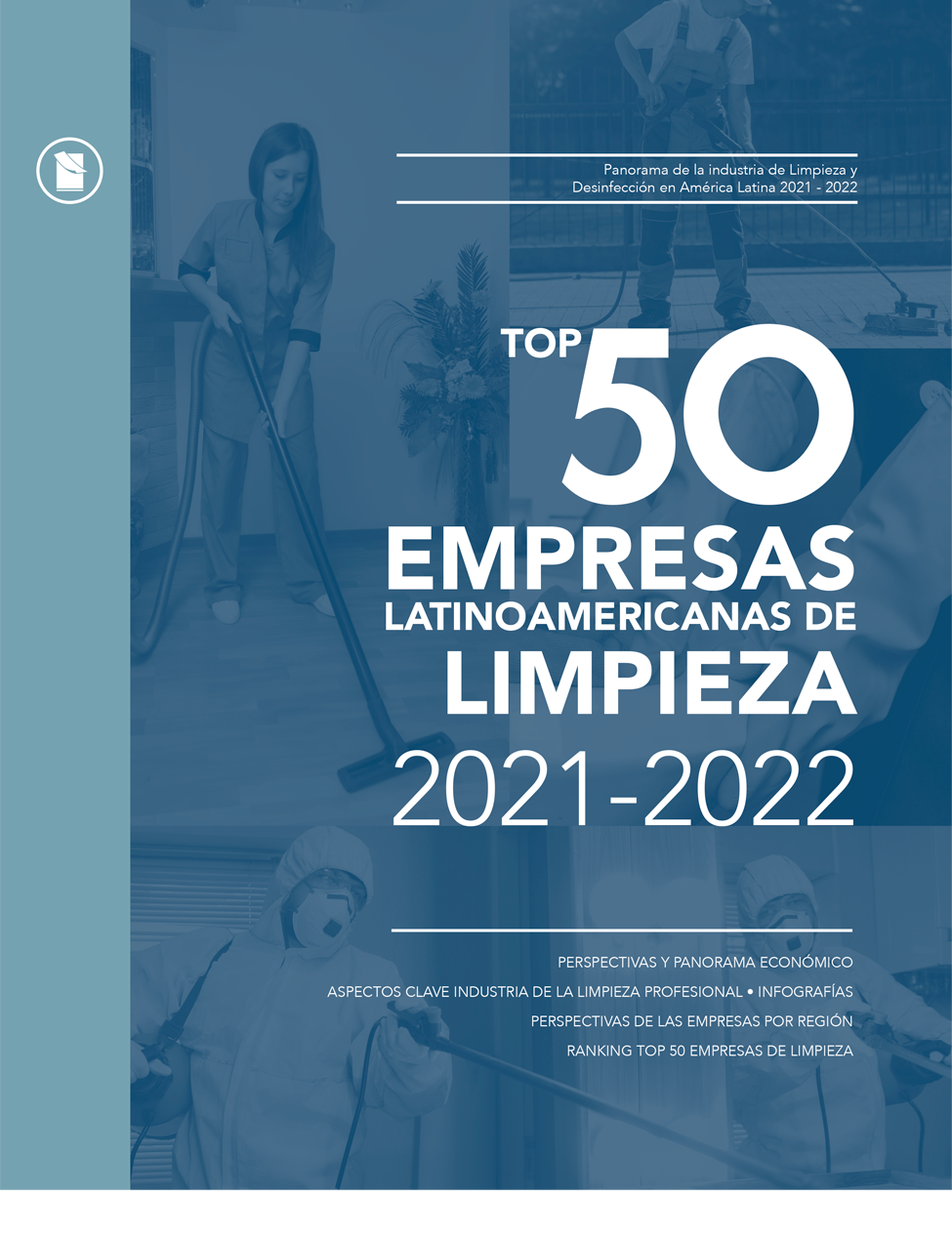CleanTec Industry News
Unilever analyses CO2 as an option for cleaning product manufacturing
Expired
International. Unilever announced that they have been exploring new technologies that will help make their cleaning products superior and more sustainable. As part of this, they expanded their partnership with Econic Technologies: a new company that is pioneering a process to replace fossil-based raw materials with renewable carbon.
"Given that almost 60% of our greenhouse gas emissions come from the raw materials and ingredients we buy, finding alternatives to fossil fuel-based chemicals is our biggest challenge to reach net zero by 2039," the company comments in its press release which explains this novelty as follows:
When our R+D scientists work at the molecular level, they look for discoveries that deliver product superiority and greater sustainability. And developing an entirely new chemistry can sometimes reveal other unexpected benefits along the way, too.
This happened with our work with rhamnolipids: a 100% renewable and biodegradable ingredient, which offers superior cleansing performance as well as exceptional skincare benefits.
We aim to achieve a similar outcome with our partnership with Econic Technologies, a deep technology start-up that is pioneering renewable carbon solutions.
Together we are exploring how we can transform CO2 into usable carbon to create fossil-free and palm-free raw materials for our household cleaning and laundry products.
From the early stages of the trial, we are confident that this method will bring advantages compared to other ways of using CO2 and that the greenhouse gas (GHG) footprint of the material will be significantly lower.
We also expect that harnessing CO2 in this way will generate potential untapped yield benefits.
As Martin Crossman, Unilever's science and technology platform leader, says: "With this program, we are not looking to force CO2 into an existing petrochemical-based process or in the palm of your hand, and simply copy existing ingredients; The same but more expensive.
We are developing a chemistry that is new to the world, using CO2 in a different way, to arrive at a different end material with different characteristics. This is how we will really unlock the advantages of using CO2.
"It's about changing the rules of the game. It has the potential to be truly transformative," adds Ian Howell, director of surface science and advanced materials for home care. "For the chemical industry to abandon fossil-fuel-derived ingredients, we must look to all sources of carbon, and CO2 offers opportunities yet to be discovered."
A First for Home Cleaning
CO2 is a problem for the world because it is an incredibly stable molecule. All atoms are as happy as they could be, covalently bonded. [a] The challenge – of converting CO2 into useful carbon – is how to break that link.
There are several ways to do this, for example, through fermentation or bioprocesses. Or you can do it through catalysis (the process of adding a catalyst to facilitate a reaction), which is how Econic's patented technology works.
An advantage of this method over others is that it can be performed at a relatively low pressure and temperature, which means that it can be retrofitted into existing production facilities.
Polyurethane products that incorporate materials made using this process will go on sale later this year. But Econic's work with Unilever is its first foray into home cleaning.
As Keith Wiggins, CEO of Econic Technologies, says: "This partnership is incredibly important to us as it is a huge step towards fulfilling Econic's overall purpose, which is to take CO2 and convert it into usable carbon that can improve the performance of the products we all use. Use it every day."
It all starts from a larger drive to clean up the cleanliness
If the project demonstrates feasibility at scale, our goal is to bring it to market as quickly as possible. That doesn't mean you'll still see products in stores. If all goes well, we'll try to conduct small-scale consumer trials next year, and after that a full launch will take place.
This initiative complements the work we are doing with our Geno and Flue2Chem projects, which are also looking at ways to commercialise alternatives to palm oil and cleaning ingredients derived from fossil fuels.
"Our work with Econic is another example of how we are investing in and exploring new technologies to help shape the future of the cleaning category and reach net zero by 2039," says Ian. "Impactful partnerships like this are critical in helping us find new solutions and ultimately deliver on our Clean Future strategy."



